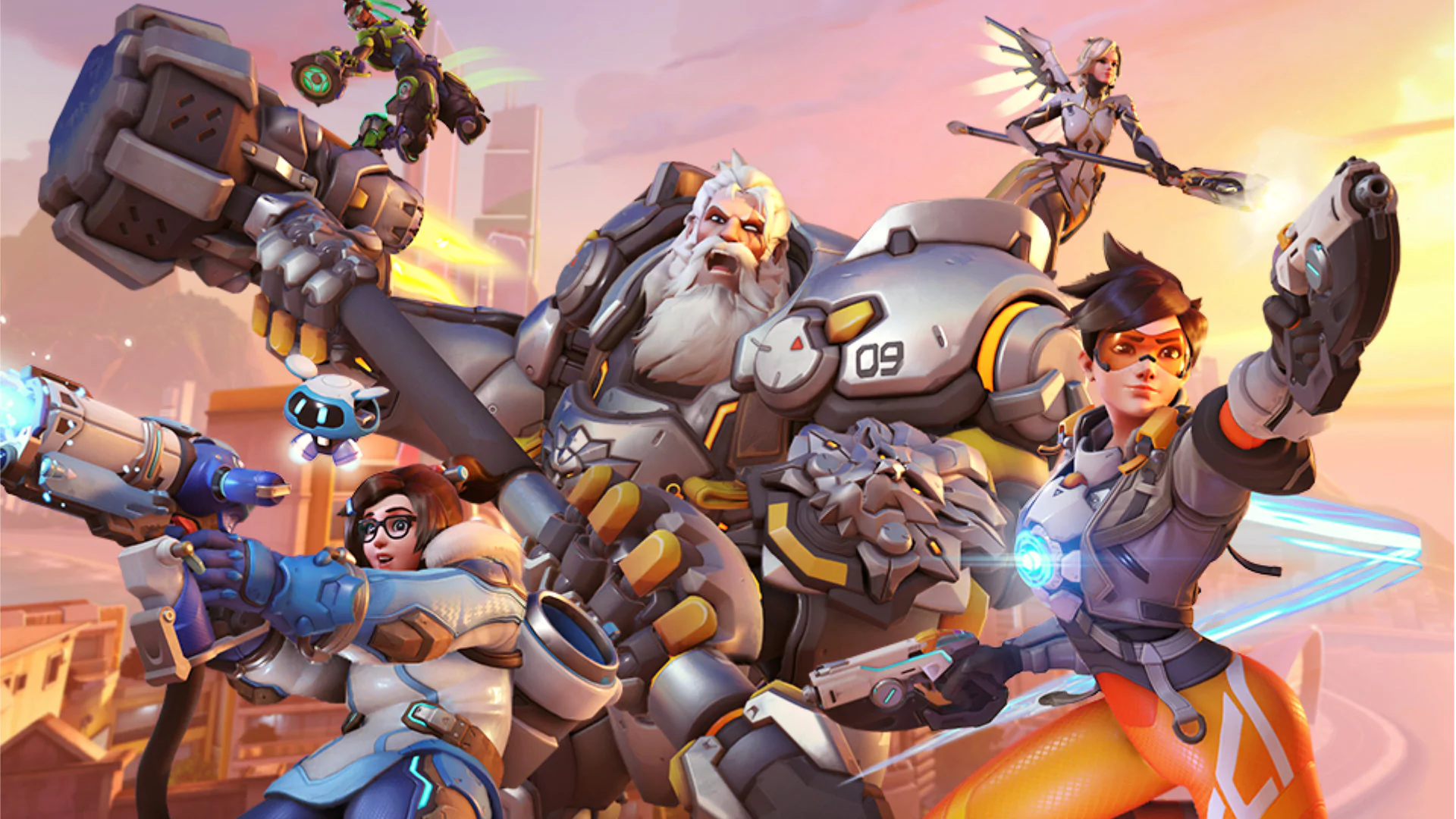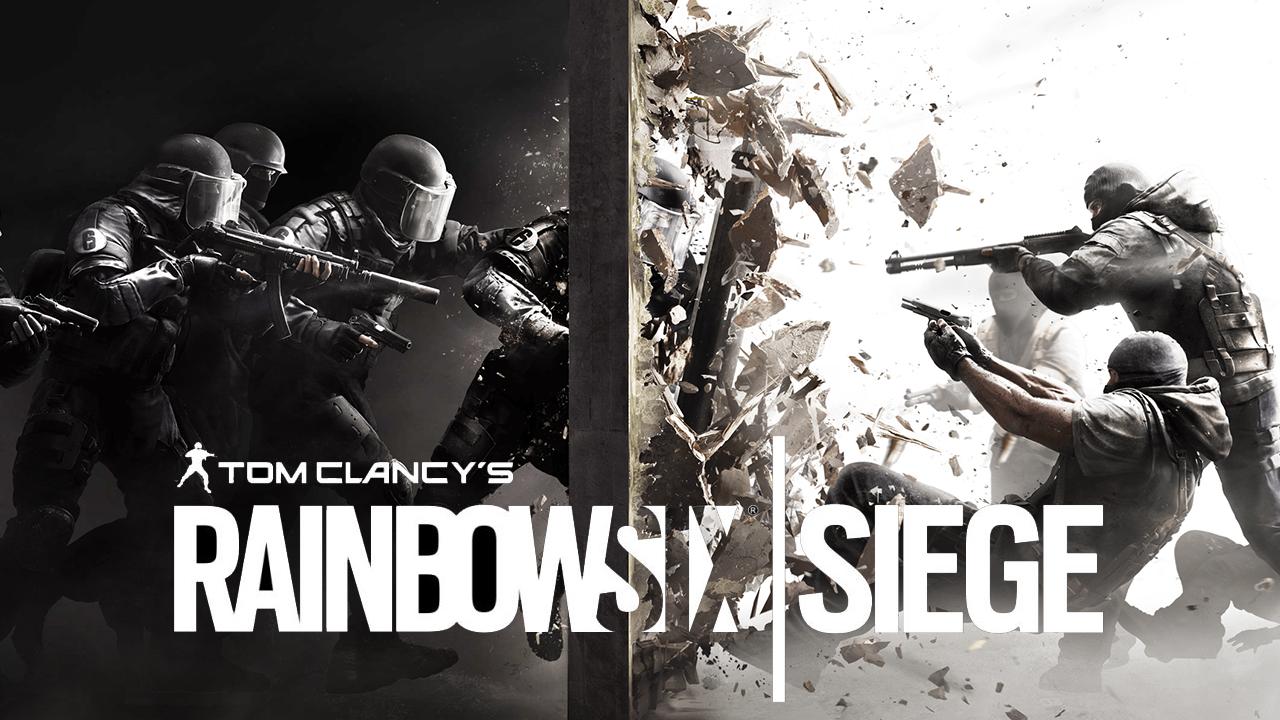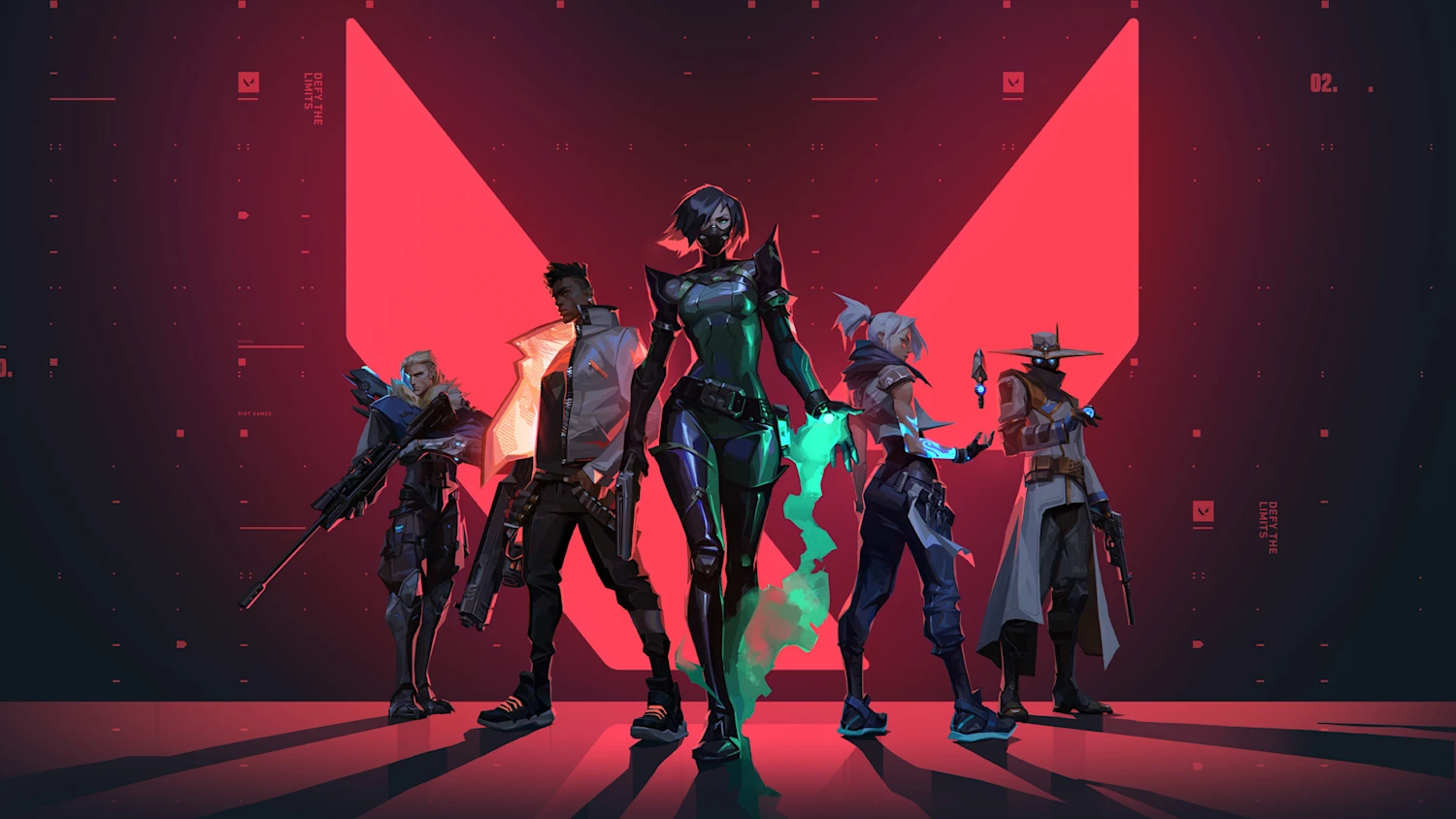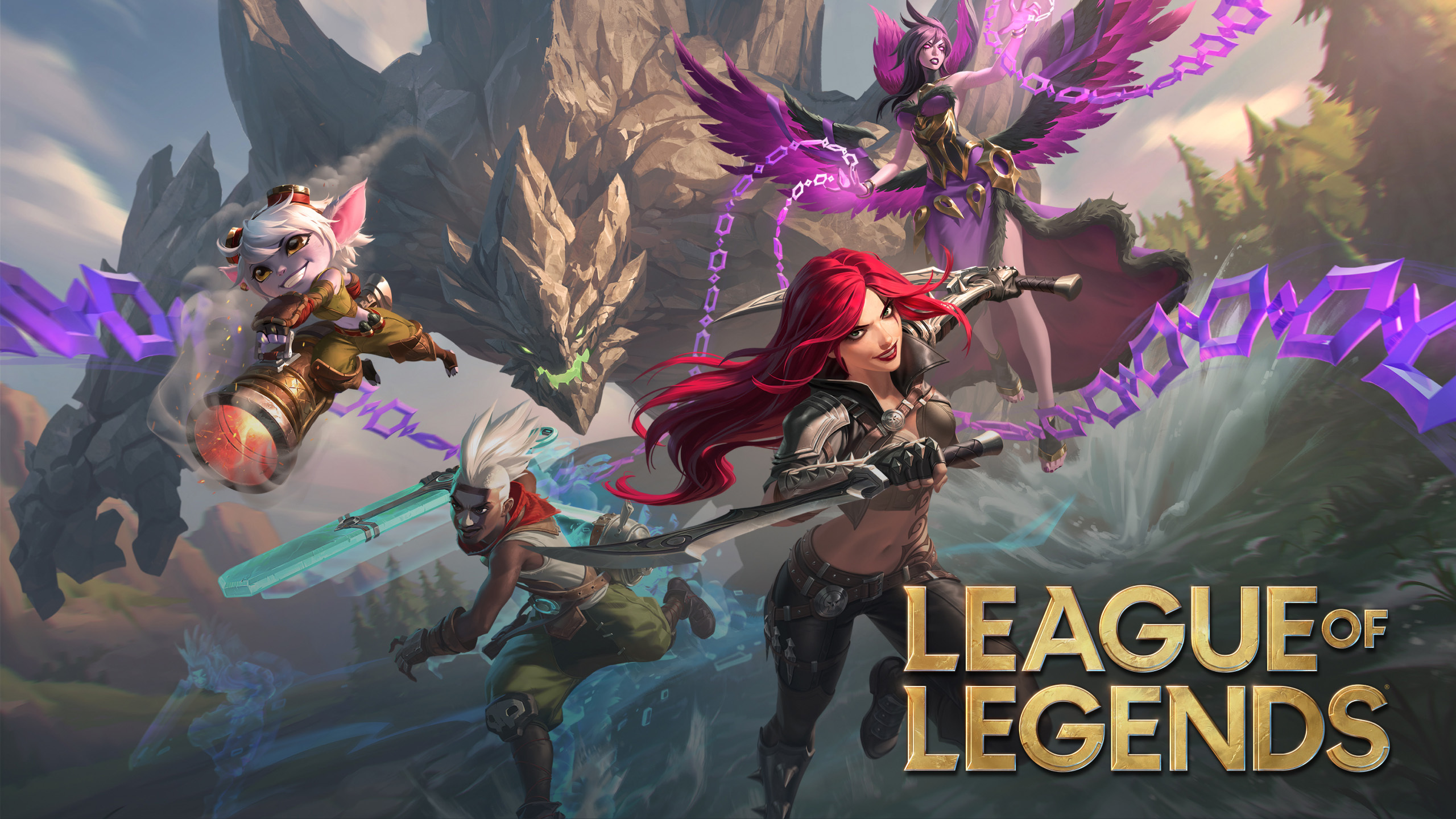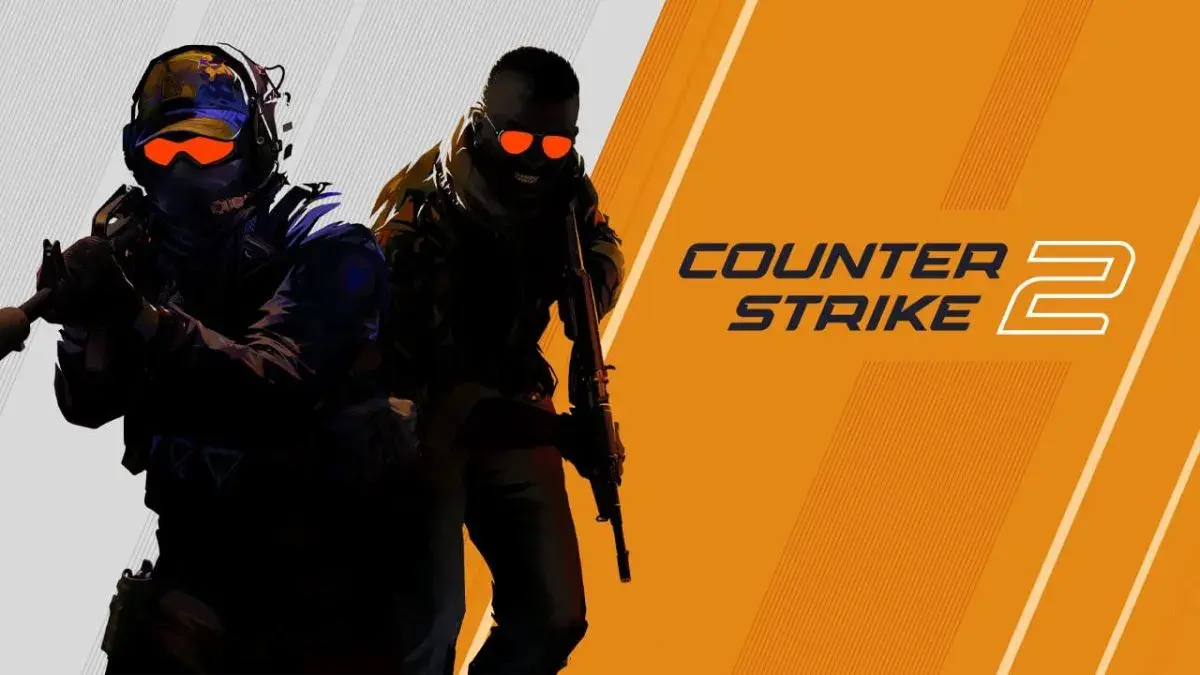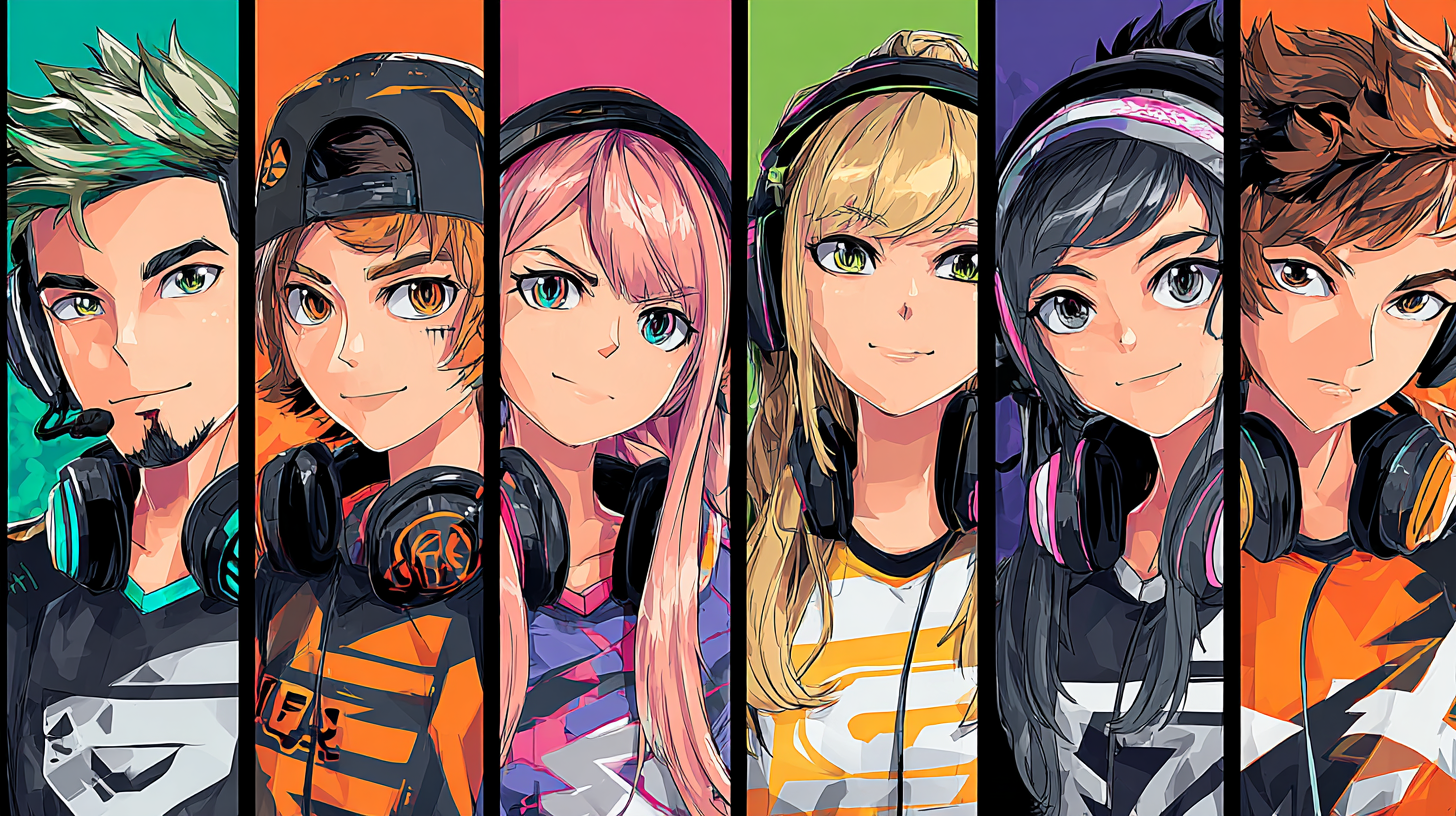Your Overwatch 2 group has everything it needs to succeed: skilled players, diverse hero pools, and good intentions. Yet somehow, you're stuck in an endless losing streak, dropping SR faster than you can say "I need healing." The worst part? You can't figure out what's going wrong.
The truth is that 70% of Overwatch group failures have nothing to do with mechanical skill. After analyzing hundreds of struggling teams and interviewing players across all ranks, we've identified the four critical issues that destroy otherwise talented groups – and more importantly, how to fix them before your next session.
Introduction
Overwatch 2's 5v5 format amplified the impact of team coordination issues. With one fewer player, there's no room to hide miscommunication, role confusion, or tilt cascades. Every player must execute their role flawlessly while maintaining team cohesion, which is far harder than it sounds when personalities clash or expectations misalign.
This guide cuts through the vague advice you've heard before ("just communicate better!") and provides specific, actionable solutions to the most common problems plaguing competitive groups. Whether you're a five-stack stuck in Platinum or a trio trying to break into Diamond, these insights will help you identify what's sabotaging your success.
While finding compatible teammates can be challenging through traditional LFG methods, platforms like Jynx make it easier to build groups where playstyles, communication preferences, and competitive mindsets naturally align through swipe-based discovery and compatibility scoring.
The Communication Breakdown: Talking Without Saying Anything
Most failing groups think they communicate well because they talk constantly. They're wrong.
The Over-Communication Trap
Your comms sound like this:
- "Winston on me, Winston on me, WINSTON!"
- "I'm low, I'm really low, someone heal!"
- "Where's our tank? Tank? TANK?!"
- "Mercy one! Mercy one! On point! Behind! MERCY!"
This isn't communication – it's panic noise that drowns out useful information. Your teammates can't process rapid-fire panic while tracking their own positioning, cooldowns, and win conditions.
The Fix: Implement structured communication priorities:
- Critical callouts only during fights (enemy position, your death, ultimate usage)
- Concise format: "[Hero] [Location] [Health status]" – "Genji backline low"
- Post-fight discussion for everything else
- Designated shot-caller for target priority
The Radio Silence Problem
The opposite extreme: Your team barely talks. Someone gets picked at the start of every fight, but nobody called the flanker. Your Reinhardt shatters into a wall because nobody said the enemy had shields.
Critical information never shared:
- Enemy positioning and flanks
- Cooldown status (especially defensive abilities)
- Ultimate charge and readiness
- When you're about to die
The Fix: Create mandatory callout rules:
- Enemy flankers: Must be called immediately
- Your death: Say who killed you and where
- Ultimate status: Every 30 seconds or when asked
- Defensive cooldowns used: "Sleep on cooldown," "No bubble"
The Language Barrier Nobody Talks About
Even when everyone speaks the same language, communication fails due to:
Different callout terminology:
- One player calls locations by landmark, another by compass direction
- Confusion between "one-shot" (low health) vs "one" (solo)
- Unclear pronouns ("he's there" – which "he" and where is "there"?)
Solution: First session together, standardize:
- Map callouts (use training range to align on terms)
- Status terminology ("cracked" = shield broken, "absolute" = one-shot)
- Priority phrases ("BACK OUT" = disengage immediately)
This is where smart matchmaking platforms help—by letting you filter for communication style preferences, you can find teammates who match your comms approach, whether that's constant callouts or quieter, ping-focused play.
Role Confusion: Everyone's Main is DPS
The most common composition disaster in Overwatch groups.
The "I Can Fill" Lie
Player 1: "I can play anything" Player 2: "I flex too" Player 3: "I don't mind filling"
First match: Everyone locks DPS because "just this one game."
The Reality:
- Playing a role reluctantly leads to underperformance
- Passive-aggressive resentment builds
- Nobody masters their position
- Team lacks clear identity
The Fix: Have the uncomfortable conversation before queueing:
- Everyone declares their preferred role
- Identify primary and backup for each position
- Create a rotation schedule if multiple people want the same role
- Set expectations: Support players who actually enjoy supporting
If everyone genuinely wants DPS, you need different teammates, not forced role assignments. Miserable support players lose games.
The Role Mastery Gap
Common scenario:
- Your tank player is Diamond-level on tank, Gold-level on support
- They flex to support "to fill"
- Team loses because support play is three ranks below DPS and tank performance
The Truth: One person playing 500 SR below their main role drags the entire team down more than having a slightly suboptimal composition with everyone on their mains.
The Fix:
- Play your main role 80% of the time minimum
- Backup roles only when absolutely necessary
- If team composition requires role swaps, find teammates whose mains align better
- Never force your best player onto their worst role
The Ultimate Economy Confusion
Without clear role understanding, ultimate tracking falls apart:
- Support uses defensive ult when fight is already lost
- DPS uses offensive ult without enabling setup
- Tank engages without knowing support ultimate status
- Multiple defensive ults used for one enemy offensive ult
The Fix: Assign ultimate ownership:
- Primary defensive ult: Designated support (usually Ana, Lucio, or Zen)
- Secondary defensive ult: Tank or other support
- Offensive ult caller: Tank or IGL decides when to use DPS ults
- Regular ultimate counts: Every fight start, everyone states ult percentage
The Tilt Cascade: One Bad Game Becomes Five
Mental breakdown destroys more groups than skill issues.
How Tilt Spreads Through Your Team
The progression happens fast:
Game 1: Normal Loss
- Close match, unlucky fight
- Team stays positive
- "We'll get the next one"
Game 2: Frustration Emerges
- Another loss
- Someone says "That was winnable"
- Slight edge in voice tone
Game 3: The Tipping Point
- Third straight loss
- "What are we even doing?"
- Passive-aggressive callouts begin
- "I guess I'll just die then"
Game 4: Full Tilt
- Blaming starts
- "If our tank would push..."
- "Maybe if we had healing..."
- Communication becomes toxic
Game 5: Disintegration
- Quiet resignation or open hostility
- Players mechanically throwing from tilt
- "Whatever, last game"
- Group disbands afterward
The Blame Game Trap
Tilt manifests as blame deflection:
Instead of: "I positioned poorly and got picked" Players say: "I was out of position because nobody called the flanker"
Instead of: "I wasted my ultimate" Players say: "My ult was fine, team didn't follow up"
This creates a toxic spiral where nobody takes accountability and everyone feels victimized.
The Fix: Implement anti-tilt protocols:
- Two-loss rule: After two losses, take 15-minute break
- No blame policy: "What could we do better?" not "Why didn't you..."
- Personal accountability: Everyone states one mistake they made after each loss
- Positive reinforcement: Acknowledge good plays, even in losses
Ready to find your perfect gaming squad? Jynx uses swipe-based discovery to help you quickly find teammates who maintain positive attitudes even during tough losses. Filter by verified rank, communication style, and behavioral ratings to find compatible players.
The Rage Quitter Effect
One player tilts and leaves mid-session:
- Remaining players forced to find replacement
- Group chemistry disrupted
- New player doesn't know strategies
- More losses compound frustration
Prevention Strategy:
- Commitment agreement: Everyone commits to full session or zero games
- Set end conditions: "We play until 8pm or until we get two wins"
- Remove habitual rage quitters from regular group
- Accept that some player personalities are incompatible
The Strategic Misalignment Problem
Your team pulls in five different directions.
Conflicting Playstyle Preferences
Classic conflicts:
Aggressive vs Passive:
- Tank wants to brawl
- Supports want to poke
- Tank feels abandoned
- Supports feel forced into danger
Fast vs Slow:
- Some players want quick fights
- Others want methodical ultimate building
- Timing never aligns
- Opportunities missed
Individual vs Team Focus:
- DPS prioritizes elims and flanks
- Team wants grouped team fights
- DPS gets blamed for feeding
- DPS feels unsupported
The Fix: Decide team identity before queueing:
- Choose a primary strategy: "We're playing dive this session"
- Pick heroes that match: Don't mix dive tanks with poke supports
- Agree on pacing: Fast fights or slow buildup?
- Commit fully: No half-dive where some players poke
The Ult Economy Disaster
Teams that don't track ultimates properly:
- Using three ults to win one fight
- Using zero ults and losing winnable fight
- Defensive ults used too late
- Offensive ults used without setup
Common Mistakes:
- "I had ult so I used it" (no consideration for team situation)
- Saving ults for "perfect moment" that never comes
- Using defensive ult when fight already lost
- Not tracking enemy ultimate timings
The Fix: Implement ult economy rules:
- One offensive ult per fight (unless winning easily)
- Defensive ult priority: Designate who uses first vs second
- Track enemy ults: Someone announces "Enemy Genji has blade"
- Pre-fight ult planning: "Next fight we use Nano + Blade"
No Adjustment to Losing Strategies
The definition of insanity: Repeating the same approach expecting different results.
Your team gets destroyed by enemy Pharah five fights in a row. Nobody swaps.
Enemy Reinhardt shatters your team every fight. Nobody adjusts positioning.
You keep losing the same way but refuse to adapt.
The Fix: Mandatory adjustment after three consecutive fight losses:
- Someone must swap heroes to counter what's killing you
- Change positioning strategy if current setup fails
- Adjust ultimate usage timing if current approach doesn't work
- Try different win conditions – if brawl fails, try poke
How to Turn Your Group Around Today
Immediate actions to improve your group's performance:
Pre-Session Setup (10 minutes before queueing)
- Role clarity check: Everyone confirms their role for the session
- Strategy alignment: Decide dive, brawl, or poke focus
- Communication rules reminder: Quiet during fights, callouts only
- Mental reset: Leave previous session's tilt behind
During Session Protocols
After Each Win:
- Acknowledge what worked
- "Good shatter follow-up"
- Maintain strategy that succeeded
After Each Loss:
- Everyone shares one personal mistake (no blaming others)
- Identify one team adjustment to try
- Implement anti-tilt break if frustration evident
End of Session Review (5 minutes)
- Overall record and progress
- What strategies worked best
- What needs more practice
- Schedule next session time
- Part on positive note regardless of results
Conclusion
Your Overwatch group isn't losing because you lack skill. You're losing because of fixable coordination issues: unclear communication, role confusion, tilt cascades, and strategic misalignment. These problems plague teams at every rank, from Bronze to Grandmaster.
The difference between groups that overcome these challenges and those that disband in frustration often comes down to honest communication and willingness to address uncomfortable truths. Some players simply aren't compatible, and that's okay – recognizing incompatibility early saves everyone time and frustration.
Implement these solutions systematically. Start with communication structure, then role clarity, then anti-tilt protocols, then strategic alignment. Don't try to fix everything at once. One improvement per session adds up quickly.
Download Jynx today and find Overwatch 2 teammates who naturally align with your communication style, playstyle preferences, and competitive mindset through quick swipe-based discovery. Verified ranks and compatibility scoring eliminate many compatibility issues before they start.
Frequently Asked Questions
Q: How many losses in a row before we should stop playing? A: Maximum two consecutive losses before taking a 15-minute break. After four losses in one session, end for the day. Continuing while tilted only reinforces bad habits.
Q: Should we remove a friend from our group if they're the problem? A: Have an honest conversation first. If they're receptive to feedback and willing to adjust, give them 2-3 sessions to improve. If issues persist or they refuse to acknowledge problems, it's kinder to both of you to find more compatible teammates.
Q: Is it better to play with a consistent five-stack or rotate players? A: Consistent groups develop better synergy, but only if the core members are compatible. Better to have a flexible three-stack of highly compatible players than a rigid five-stack with personality conflicts.
Q: How long does it take to fix a dysfunctional group? A: Communication and role clarity issues improve in 1-2 sessions if everyone commits. Tilt management and strategic alignment take 5-10 sessions. If no improvement after 5 sessions of genuine effort, compatibility issues may be insurmountable.
Q: What if our group is fine socially but loses in ranked? A: Separate social play from competitive play. Some friend groups work great for quick play fun but lack the coordination or commitment for serious ranked. Consider finding dedicated competitive teammates while maintaining the friend group for casual sessions.
